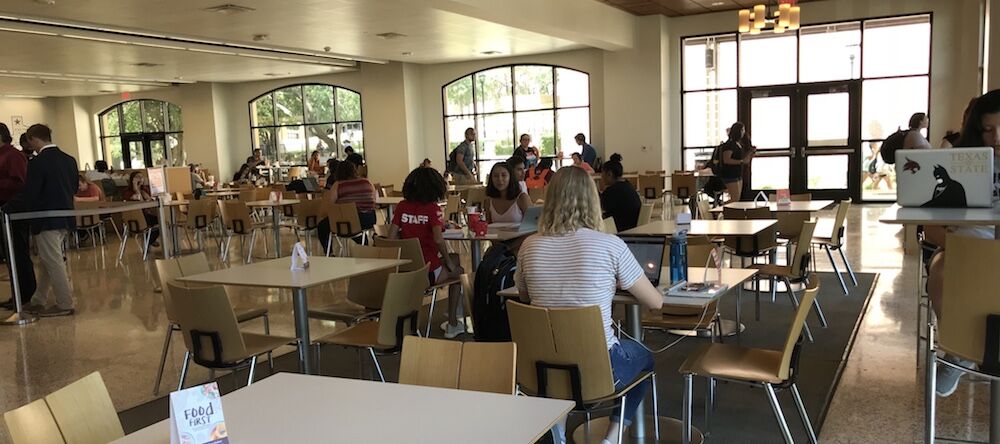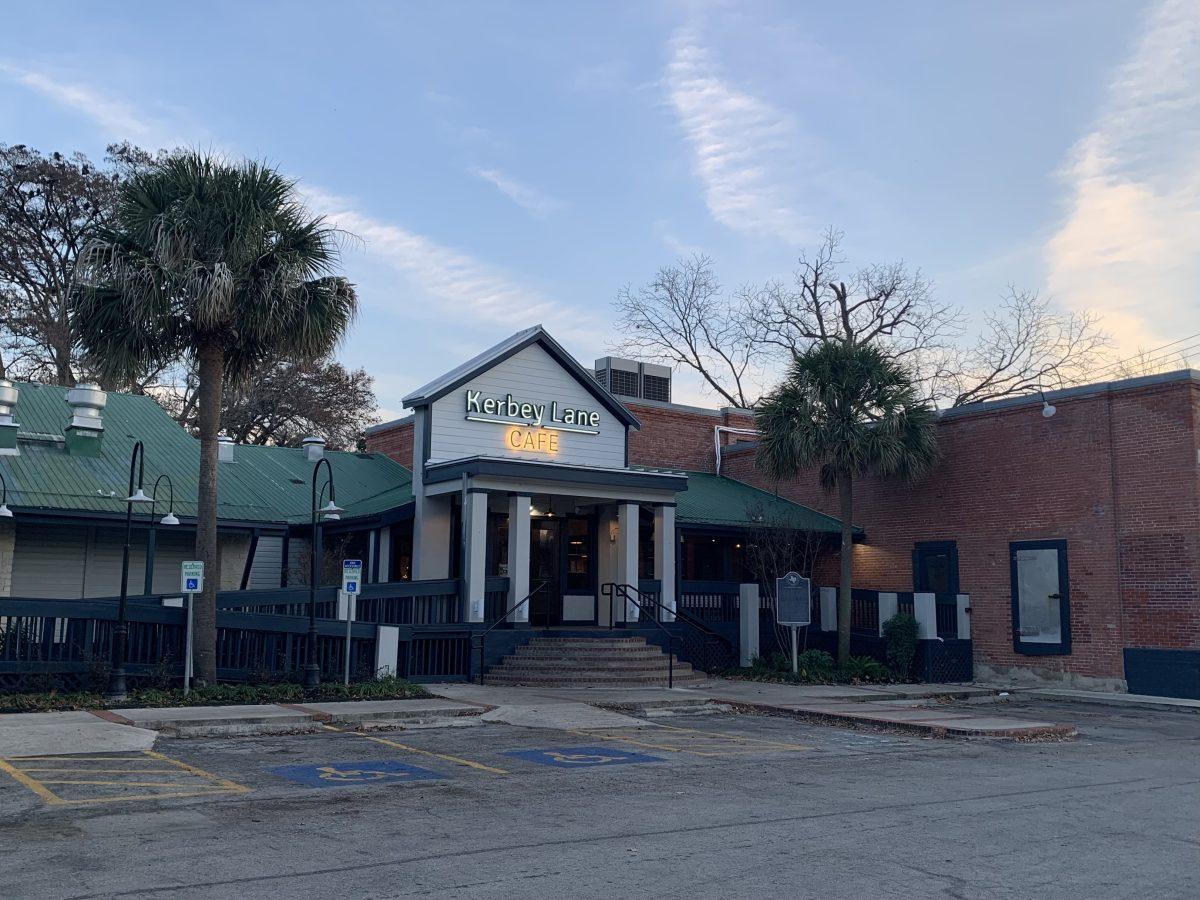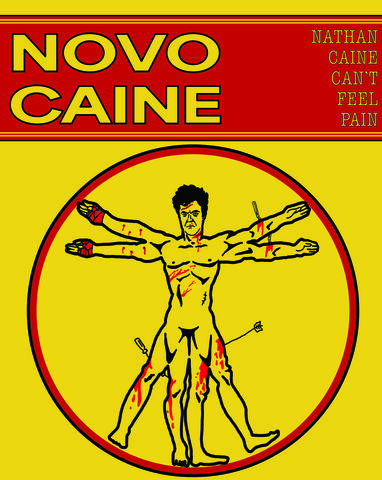Stress levels from school, work and moving away from home can subject students to unhealthy eating habits. However, students can educated themselves on eating disorders and where/how to get help.
In college communities, studies have shown 33% of students have elevated eating concerns. Students often do not seek help. In fact, according to Eating Disorders Coalition, 30 million people in the U.S. will suffer from an eating disorder and only one in ten seek treatment. The Counseling Center and the Student Health Center offer assistance to students battling eating disorders.
According to the US National Library of Medicine, the average ages affected by eating disorders are between 18 and 25. However, anyone, regardless of gender and ethnicity, is susceptible to falling victim to an eating disorder at anytime in their lives.
The Eating Recovery Center provides resources in locations across the country as well as virtual help on their website. Additionally, the center offers an online quiz for someone who may be questioning if they have any form of disordered eating.
Dr. Casey Tallent, National Collegiate Outreach Director at Eating Recovery Center, said colleges are taking more action to provide resources for students, given there is an increase in college-aged individuals developing eating disorders.
Tallent said the average length of an eating disorder is seven years, so the faster someone is helped, the better.
“An eating disorder has such an impact on individuals on every aspect of their life,” Tallent said. “It makes it hard to concentrate, to attend events and socialize with friends and family.”
There are various ways for students to be predisposed to an eating disorder. Individuals with a family member who has or had an eating disorder, perfectionism, post-pregnancy or certain jobs that focus on physical appearance can lead someone to develop unhealthy eating habits.
Isolation and withdrawal are signs of a potential eating disorder. Individuals dealing with an eating disorder may skip lunch, exhibit compulsiveness, overexercise or over drink frequently.
Heather Aidala, associate director at the Texas State Counseling Center, said students can go to the Counseling Center to see how they want to approach getting help. Speaking to a counselor can help students with self-care and identity. However, students who have significant disordered eating may be referred to a physician at the Student Health Center.
“The challenge is that this is an ongoing relationship every person has: being kind to your body, engaging in good self-care, having activity and managing stress is something we need to work towards,” Aidala said.
The Counseling Center offers an online service, Therapy Assistance Online, to help students who may be struggling with depression, stress and interpersonal relationships.
Julie Eckert, assistant director at the Student Health Center, leads presentations through the health outreach program, Health Promotions Services. One of the presentations that educates students on nutrition and stress management is Staying Healthy in College.
Students who seek medical treatment can be seen by a physician. From there, the physician can find the best course of action needed to ensure the students recovery.
“Most students are not familiar with health because it is not a requirement for high school (curriculum) in Texas,” Eckert said. “I would say it is minimal what they know (about eating disorders coming to college).”
There are various resources ready to assist any student who may be suffering from an eating disorder. College is a stressful time, and learning how to manage a relationship with food can keep students from falling victim to an eating disorder.
To learn more about eating disorders visit the Eating Recovery website.
Categories:
Routes for understanding and seeking help for an eating disorder
October 10, 2018
0
Donate to The University Star
Your donation will support the student journalists of Texas State University. Your contribution will allow us to purchase equipment and cover our annual website hosting costs.
More to Discover















